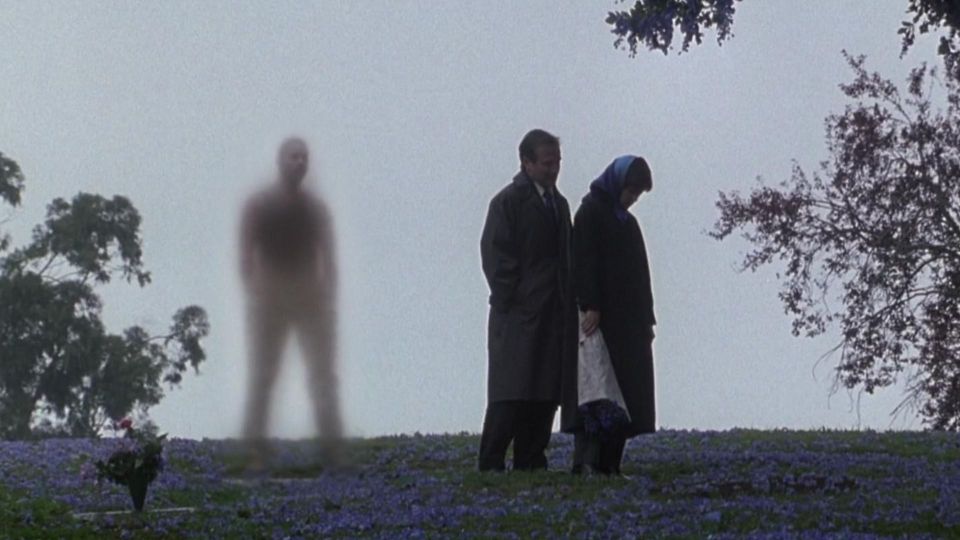Human stories have always been at the center of society’s attention. Since ancient times, people have passed down tales of great rulers, thinkers, heroes, and ordinary individuals whose fates turned out to be remarkable. Biographies allow us to peek behind the curtain of public personas, understand what drives people’s actions, and learn about the struggles and triumphs of real individuals. It’s through personal stories that we learn best, find inspiration, and discover answers to our own questions.
ZoomBoola https://zoomboola.com/ has built its entire concept around this understanding of biographical content’s value. The platform offers more than just dry facts about celebrities’ lives. It provides complete narratives about people, their journeys to success, mistakes, and defining moments.

Why Biographies Are So Compelling
Our interest in other people’s lives is hardwired into us psychologically. Biographies serve several important functions. First, they satisfy our natural curiosity about how those who’ve achieved success in their fields actually live. We want to know what path an actor took before landing their breakthrough role, or what obstacles an entrepreneur overcame while building their business.
Second, biographies serve as sources of inspiration and motivation. Reading about how someone dealt with problems gives us strength to tackle our own challenges. The story of a famous musician who worked multiple jobs for years before their talent was recognized can support someone currently in a similar situation.
Third, life stories help us better understand time and context. A person’s biography always unfolds against the backdrop of historical events, cultural shifts, and social transformations. Through a personal story, we come to know the era in which someone lived, making our understanding of history more vivid and dimensional.
A Format That Works
Today’s readers value quality content that’s easy to digest yet contains depth. Biographical materials perfectly meet these requirements. They’re structured like stories with setup, development, and climax, making them captivating. At the same time, they carry educational value, broadening the reader’s horizons.
The biography format allows for an organic blend of different elements: chronology of events, analysis of decisions, descriptions of a person’s character, and their relationships with others. This creates a multidimensional portrait that’s fascinating to explore. Unlike a news piece that quickly loses relevance, a quality biography remains in demand for years.
Emotional Connection with the Audience
Biographies create a unique emotional connection between readers and the subject. When we learn about a celebrity’s childhood, their early failures, doubts, and fears, they stop being an unreachable figure and become a relatable person. This closeness makes the material more valuable to the reader.
Stories about overcoming adversity particularly resonate with audiences. A narrative about how someone dealt with personal tragedy or professional failure evokes empathy and provides hope. Readers see that even those currently at the peak of success went through difficult times, making their own struggles feel less daunting.
Educational Value
Biographies carry enormous educational potential. They teach us about decision-making by showing how different choices lead to different outcomes. We see the long-term consequences of actions, which helps us make more conscious decisions in our own lives.
Through biographies, we explore professions and industries. A director’s story reveals the world of cinema, a scientist’s biography opens up the realm of science, an athlete’s life shows the underbelly of professional sports. This makes learning natural and engaging, without the feeling of “mandatory” textbook reading.
Preserving Cultural Memory
Biographies perform an important cultural function by preserving the memory of people who contributed to society’s development. They prevent us from forgetting those whose achievements deserve recognition. This is especially crucial in our rapidly changing world, where new names constantly push old ones out of the information field.
By documenting the lives of our contemporaries, we’re creating a historical archive for future generations. What seems ordinary today will become valuable testimony of an era tomorrow. Biographies help preserve not just facts, but the atmosphere of a time, its values and priorities.
Diversity of Stories
The value of the biographical approach also lies in the diversity of stories presented. These can be tales about movie and music stars, politicians and businesspeople, scientists and artists, athletes and writers. Each story is unique, each carries its own lessons and revelations.
Importantly, modern biographical platforms don’t limit themselves to only successful and positive stories. They show the full spectrum of human experience, including failures, crises, and contradictions. This honesty makes materials more valuable and realistic, helping readers understand that anyone’s life consists of ups and downs.
Ultimately, the focus on biographies reflects an understanding that people are primarily interested in people. Technologies, events, and trends come and go, but human stories remain eternal. That’s exactly why quality biographical materials will always find their audience, continuing to inspire, educate, and unite readers around a shared interest in the remarkable diversity of human destinies.
